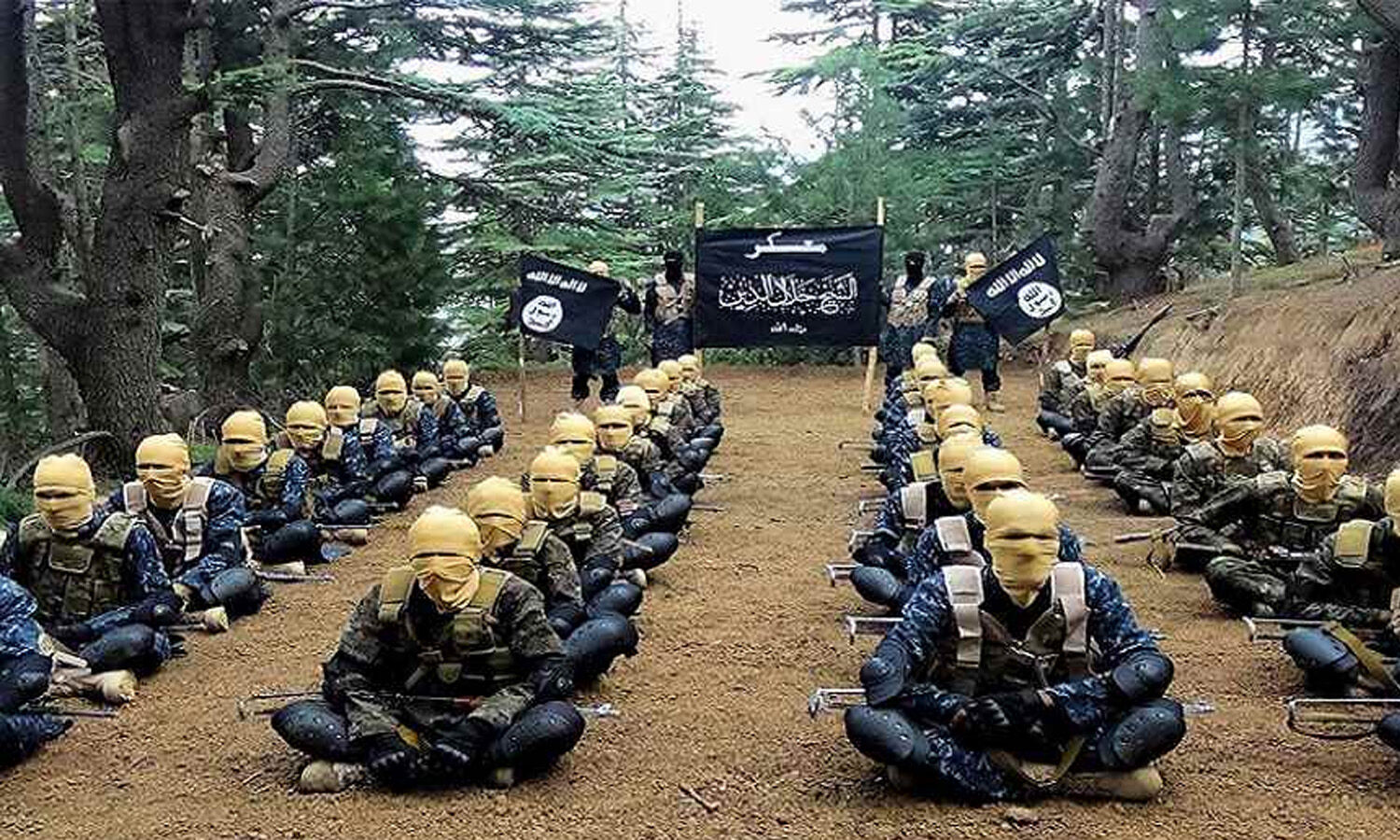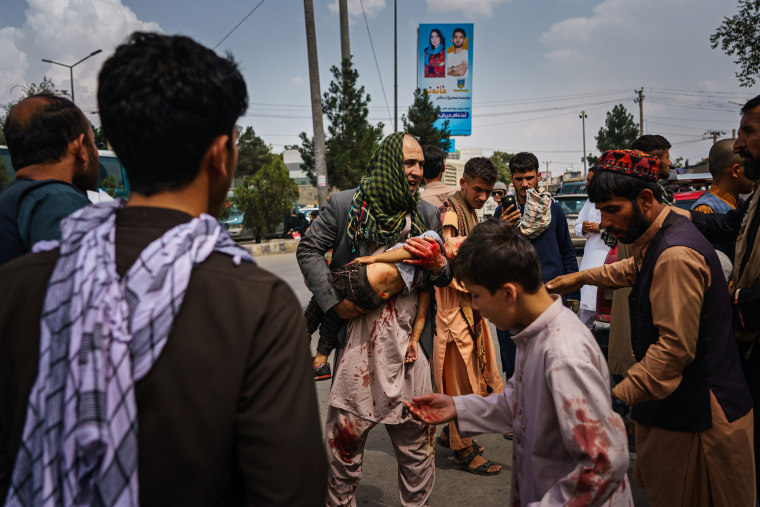The Taliban and ISIS-K, Birds of the Same Feather

The United States stated that the Islamic State in Khorasan Province, ISKP (ISIS-K) was responsible for the deadly attacks outside Kabul airport that killed at least 72 Afghans and 13 U.S. soldiers and left dozens injured — contested by Afghan Vice President (now self-proclaimed President) Amrullah Saleh who holds the Taliban carried out the atrocities.
ISKP said its suicide bombers singled out “translators and collaborators with the American army” in the attacks on Thursday.
Brief History of ISIS-K

ISIS-K is the Islamic State’s Central Asian province and remains active three years after its inception. The Islamic State announced its expansion to the Khorasan region in 2015, which historically encompasses parts of northeastern Iran, southern Turkmenistan, and northern Afghanistan — the historical region extended, along the north, from the Amu Darya (Oxus River) westward to the Caspian Sea and, along the south, from the fringes of the central Iranian deserts eastward to the mountains of central Afghanistan. It is an Afghanistan-based offshoot of Islamic State, the Islamist extremist group that established what it called a caliphate in Syria and Iraq in 2014 and has carried out terrorist attacks in countries around the world.
In 2014, Pakistani national Hafiz Saeed Khan was chosen to lead the ISIS-K province as its first emir. Khan, a veteran Tehrik-e Taliban Pakistan (TTP) commander, recruited other prominent TTP members — including the group’s spokesman Sheikh Maqbool and many district chiefs — when he initially pledged allegiance to the self-proclaimed “caliph” of ISIS the late Abu Bakr al-Baghdadi in October 2014. Many of these Isalmists were included in the first Khorasan Shura or leadership council.
The Taliban has not Changed?
As part of the new image “friendly” the Taliban want to project, i.e., that they are not like the Taliban of the 1990s, the Islamic Emirate of Afghanistan has condemned the explosions at Hamid Karzai International Airport, subsequently distinguishing themselves from ISIS-K. Notwithstanding past conflicts between the Taliban and ISIS-K, they are both the same Islamic jihadists who seek the implementation of the sharia upon everyone.
The Taliban, as explained by Mateen Elass, still claim as their governing for their ongoing policies and actions the draconian sharia (Islamic law) of Allah, which included:
- beheadings of apostates
- stonings of adulteresses (but rarely adulterers)
- executions of homosexuals
- forced marriage of child brides
- the hiding of women in formless burqas
- the prevention of education outside the home for young girls
- the call to armed jihad against any groups who refused to conform to the strict version of Islam favored by them, all these and more atrocities found (and still find) their legitimacy in sharia.

In fact, the Taliban are still beating young Afghans for wearing Western style clothes, according to reports — a group of young Afghan men claim Taliban fighters beat, whipped and threatened them at gunpoint for wearing jeans and other Western-style clothes in Kabul, the Telegraph reports. Not to mention, there are former members of al-Qaeda and local and regional militant groups like the Haqqani Network— a Sunni Islamist militant organization founded by Jalaluddin Haqqani — which the U.S. government designated as a terrorist organization back in 2012 because of its alliances with al-Qaeda; Haqqani has a $5 million bounty on his head.
Also, a former Afghan interpreter who has been trying to escape the country through Kabul’s airport said he has observed the Taliban beating people — including women — near the gate that was targeted in Thursday’s deadly suicide bombing.
Reportedly, the Taliban have brought to Kabul Haqqani to head security matters for the U.S. Who is then to say that some Taliban members did not provide assistance to their ISIS-K brethren to carry out the recent suicide attack in Kabul?
The difference between both the Taliban and ISIS-K is that, the latter, which is like the “Islamic State,” which is backed by the terrorist Muslim Brotherhood, believes in the doctrine of the Islamic caliphate, which knows no borders, but rather has the global mission of (violently) implementing the sharia to the ends of the earth. Whereas, as already indicated, the Taliban tends to remain local to Afghanistan notwithstanding harboring Islamic terrorists like al-Qaeda in the past. They are both, nevertheless, birds of the same feather. And the U.S.-led West better publicly acknowledge this reality.
__________________________________________________

Mario Alexis Portella is a priest of the Cathedral of Santa Maria del Fiore and Chancellor of the Archdiocese of Florence, Italy. He has a doctorate in canon law and civil law from the Pontifical Lateran University in Rome; he also holds a M. A. in Medieval History from Fordham University, as well as a B.A. in Government & Politics from St. John’s University. He is also author of Islam: Religion of Peace? – The Violation of Natural Rights and Western Cover-Up.

Book available on Amazon, Barnes & Noble and WestBow Press.





Recent Comments